
Regal Wine believes sustainability is essential in preserving our planet and ensuring the long-term success of our industry. By supporting wineries that reduce environmental impact, conserve resources, and promote biodiversity, our company helps protect vital natural resources, support local communities, and enhance vineyard resilience against climate change. Some of the key components of sustainability are…
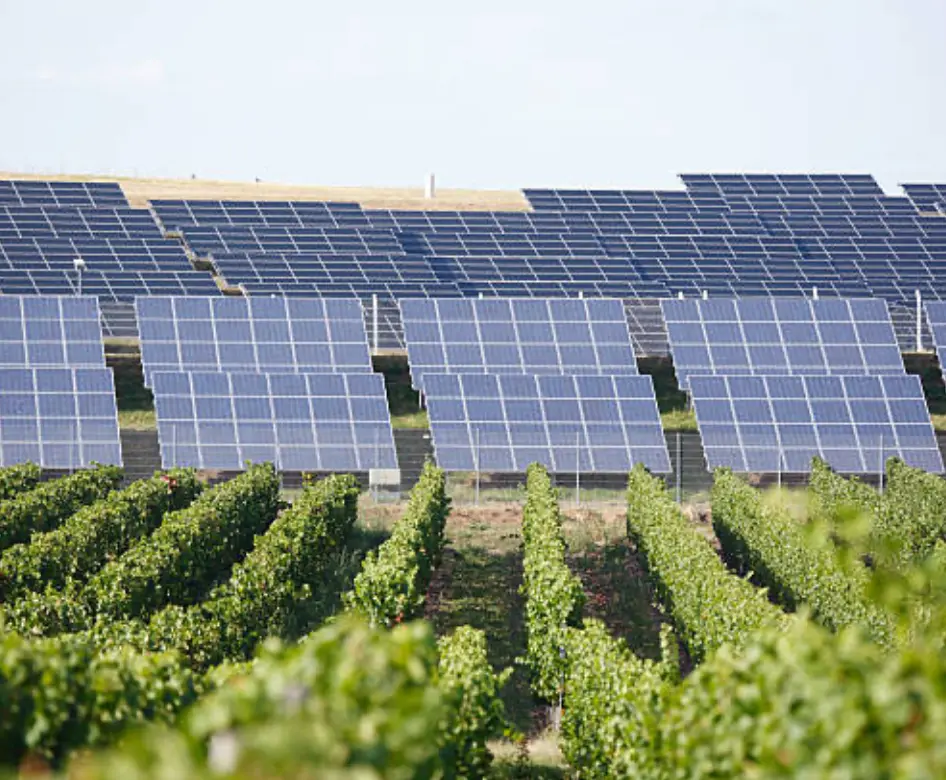
Renewable Energy
Renewable energy is achieved by harnessing natural power sources like solar, wind, and geothermal to reduce environmental impact and promote sustainability. Notable wineries like La Crema and Willakenzie are at the forefront of this movement, applying renewable resources to power their operations and enhance their commitment to eco-friendly practices. By utilizing renewable energy, wineries can significantly cut their carbon emissions and lower their dependence on non-renewable resources. Solar panels often adorn vineyard rooftops, wind turbines can be found on estate grounds, and geothermal systems are used for heating and cooling.
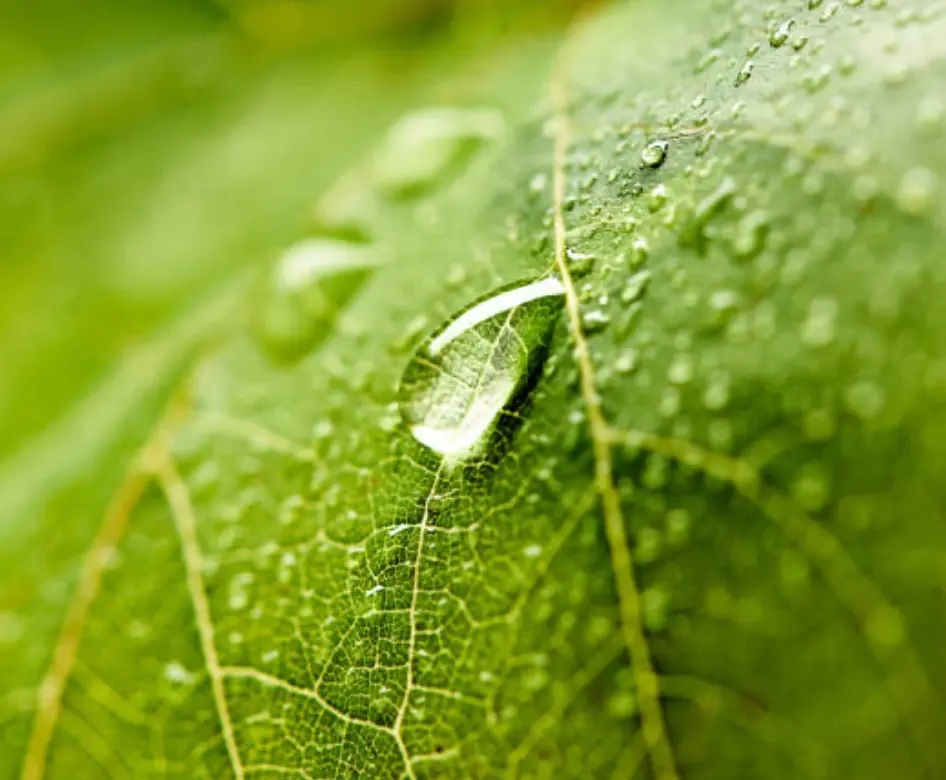
Water Conservation
A critical concern for the wine industry is water conservation, as vineyards require significant water resources for grape cultivation. Efficient water management practices are essential to ensure sustainable production, particularly in regions prone to drought and water scarcity. California wineries Cambria and Freemark Abbey are leading the charge in implementing water-saving techniques. Techniques include rainwater harvesting, drip irrigation, and soil moisture monitoring to help minimize water usage while maintaining vine health. Additionally, the adoption of cover crops and organic mulching can enhance soil moisture retention.
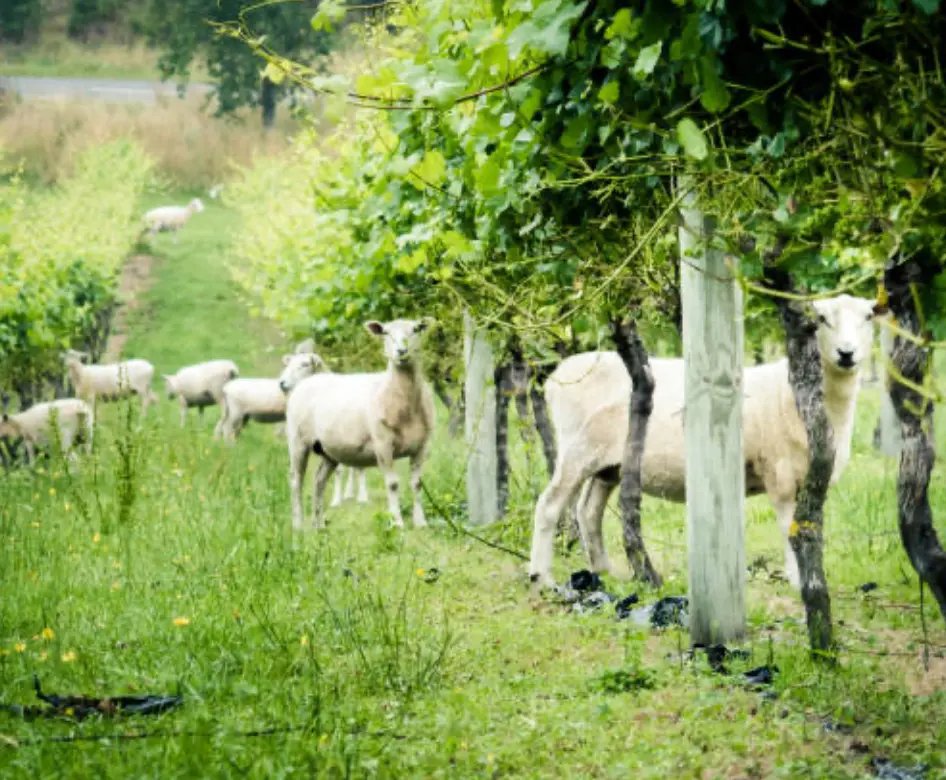
Regenerative Farming
Regenerative farming is revolutionizing viticulture by promoting practices that restore and enhance the vineyard ecosystem. This approach goes beyond sustainability, aiming to regenerate soil health, increase biodiversity, and sequester carbon, thereby improving the resilience of vineyards to climate change. Techniques such as cover cropping, composting, and holistic grazing not only boost soil fertility and vine health but also enhance the flavor profile and quality of the wine. Winery partners Tablas Creek, Arrowood, and Matanzas Creek are great examples that regenerative farming is a viable and beneficial approach in the wine industry.
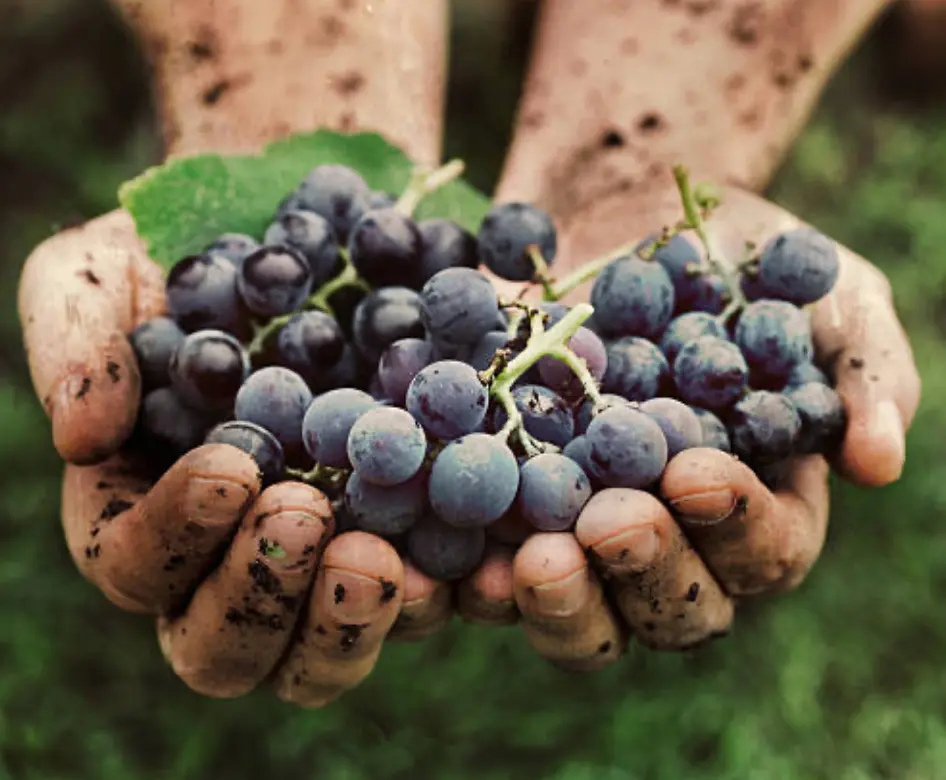
Organic Wine
Organic wine is rapidly gaining traction within the wine industry, reflecting a broader shift towards sustainability and health consciousness among consumers. Produced from organically grown grapes without synthetic fertilizers, pesticides, or herbicides, organic wine emphasizes environmental stewardship and natural viticulture practices. Planeta, a prominent winery in Sicily, is dedicated to organic farming across its vineyards by eliminating these synthetic pesticides and fertilizers. Hecht & Bannier, a boutique producer in the Languedoc-Roussillon region of France, are another champion of organic farming methods. As demand for organic products rises, vineyards are increasingly adopting organic certification, boosting market growth and reinforcing the industry's commitment to eco-friendly practices.
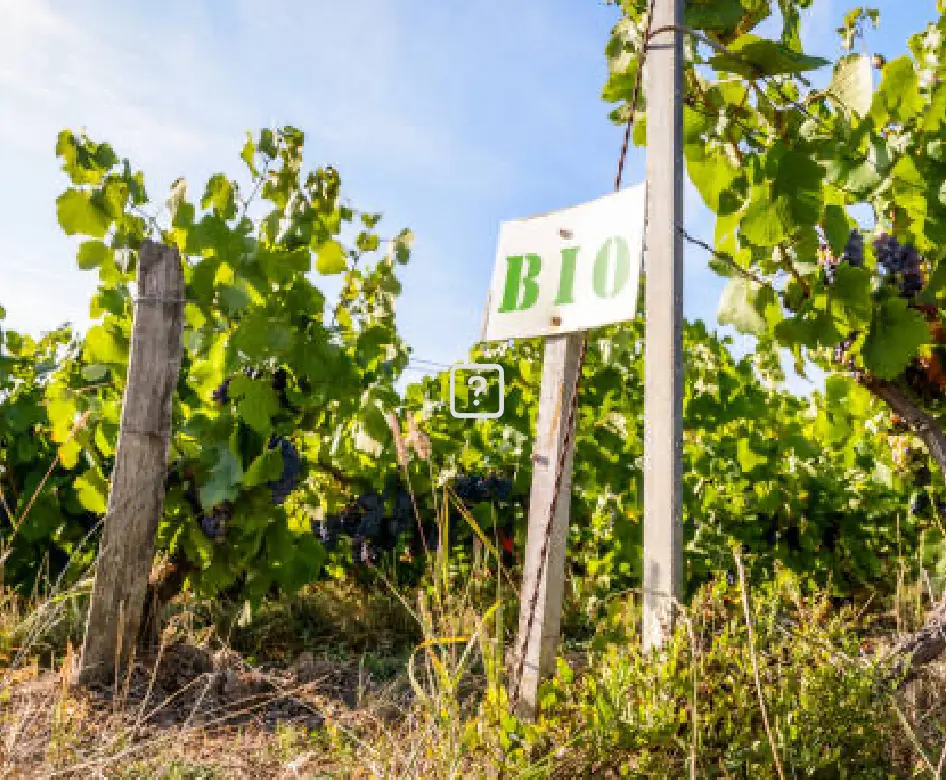
Biodynamic
Biodynamic practices in the wine industry encompass a holistic, ecological, and ethical approach to viticulture, emphasizing harmony between the land, plants, and cosmos. Rooted in the principles of Rudolf Steiner, biodynamic farming integrates organic practices with lunar and astrological cycles to enhance soil health and vine vitality. This method involves the use of natural preparations to enrich the soil, composting, and fostering biodiversity within the vineyard ecosystem. From Tablas Creek in Paso Robles to Domaine Weinbach in France, wineries illustrate how biodynamic practices can lead to healthier vineyards, more sustainable farming, and wines that authentically reflect their origins.
